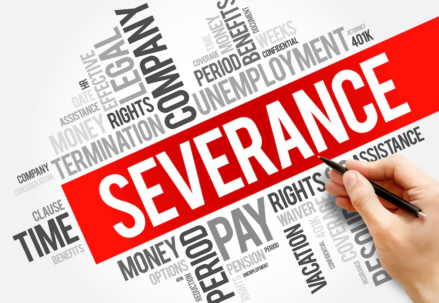Within the realm of business and commerce, purchase agreements assume a pivotal role by delineating the terms and conditions governing transactions between involved parties. These legally binding documents establish a structured framework for the exchange of goods or services, encompassing facets like pricing, delivery, warranties, and more. Nevertheless, what ensues when a purchase agreement reaches its expiration? This composition delves into the repercussions of purchase agreement expiration, navigates the considerations pertinent to the concerned parties, and addresses commonly raised queries to illuminate this often disregarded facet of business dealings.
The Impact of Expiring Purchase Agreements
A purchase agreement customarily arrives with a specified duration, precisely detailing the span within which the stipulations and provisions enumerated in the agreement hold validity. As this designated period concludes, the agreement is deemed to have reached its expiration point. The culmination of a purchase agreement’s duration can give rise to an array of ramifications for both the purchaser and the vendor, encompassing a spectrum that extends from practical obstacles to plausible legal repercussions.
Considerations for Parties Involved

- Logistical Challenges: Upon the expiration of a purchase agreement, the parties implicated could encounter disruptions within their operational processes. To illustrate, supposing a buyer depended on the receipt of a particular quantity of goods within the agreement’s valid timeframe, the agreement’s lapse could potentially result in setbacks or the unavailability of the sought-after merchandise;
- Price Fluctuations: In specific instances, the cost of commodities or services stipulated within the purchase agreement could have been deliberated upon in accordance with particular market circumstances prevalent during the agreement’s inception. However, as the agreement reaches its expiration, the necessity for potential renegotiation of the price might arise, particularly when substantial alterations in market conditions have transpired;
- Legal Implications: The expiration of purchase agreements can potentially pave the way for legal conflicts in scenarios where one party neglects to fulfill the responsibilities delineated within the agreement’s provisions. Such instances could give rise to allegations of contractual breach and subsequent prospects of legal recourse;
- Negotiations and Renegotiations: As a purchase agreement concludes its validity period, the involved parties might find it necessary to engage in fresh negotiations for the formulation of renewed terms and conditions, should they intend to persist with their business affiliation. This process may encompass the reevaluation of diverse facets, including but not limited to price, quantity, delivery schedules, and warranties.
Conclusion
In the intricate world of business transactions, purchase agreements provide the necessary structure for smooth interactions between buyers and sellers. The expiration of a purchase agreement can introduce various challenges, from logistical disruptions to potential legal consequences. Parties involved should consider the implications and potential solutions well in advance of an agreement’s expiration date. Clear communication, timely negotiations, and a proactive approach can help navigate the complexities that arise when a purchase agreement’s validity comes to an end.
FAQ
Yes, in many cases, parties can agree to extend the duration of a purchase agreement before it expires. This is often done to ensure that both parties have sufficient time to fulfill their obligations and avoid disruptions in their operations.
If a purchase agreement expires before the goods are delivered, the buyer and seller may need to negotiate new terms for the delivery. The seller might no longer be bound by the original agreement’s terms, potentially leading to changes in price, quantity, or delivery timelines.
Typically, an expired purchase agreement cannot be enforced, as the terms and conditions outlined in the agreement were only valid for the specified duration. However, if both parties continue to operate under the same terms after the expiration, a new “informal” agreement might be considered to be in place.
If one party wishes to terminate an expired purchase agreement, it’s important to review any clauses related to termination within the original agreement. In the absence of such clauses, post-expiration termination might require mutual agreement or could potentially lead to legal disputes.
While an expired purchase agreement itself may not be enforceable, it could still serve as evidence in legal proceedings if a dispute arises regarding actions or intentions during the valid period of the agreement.
Yes, parties should communicate openly and promptly when an agreement is approaching its expiration date. This allows both sides to discuss the possibility of extension, renegotiation, or the creation of a new agreement. Keeping the lines of communication open helps prevent misunderstandings and potential disputes.




